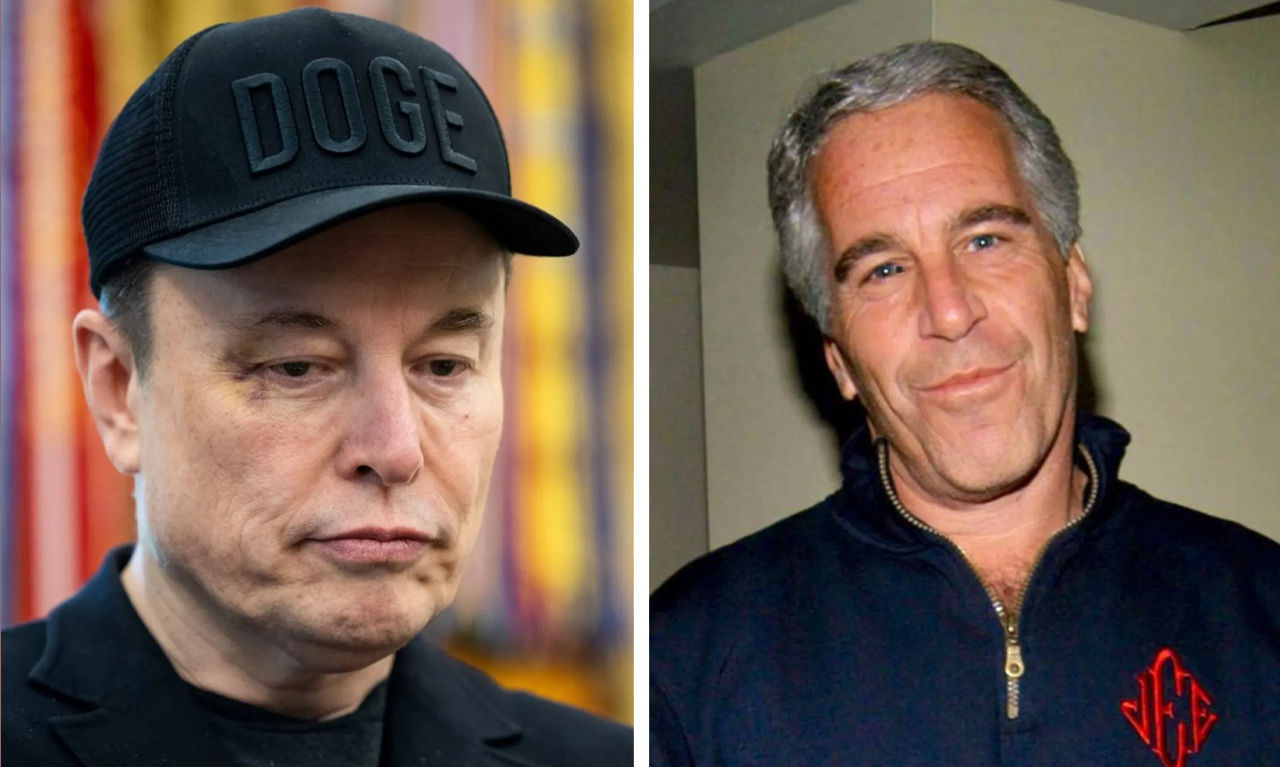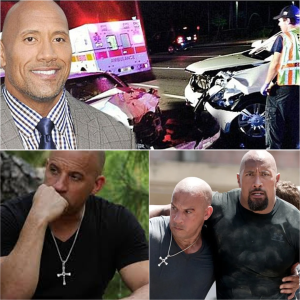In a move that is already setting social media ablaze, tech mogul Elon Musk has publicly commented on the long-standing Jeffrey Epstein scandal, igniting new waves of speculation, outrage, and political debate. Taking to his platform X (formerly Twitter), Musk stated bluntly: “If even a few of the very worst Epstein clients were to be prosecuted, that would be something.” The statement, seemingly casual at first glance, has sent shockwaves through multiple circles—political, media, and legal alike.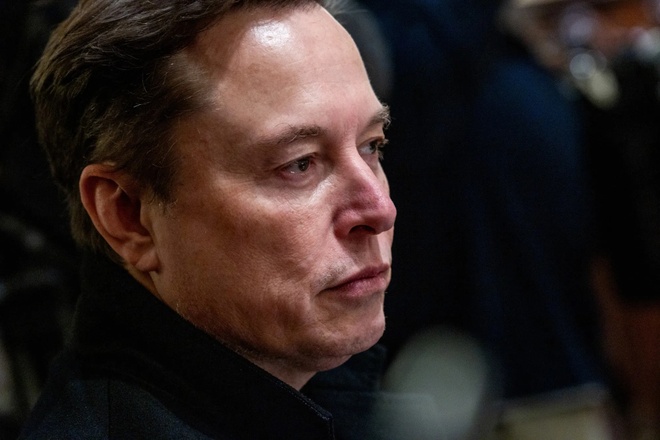
The timing of Musk’s remarks is hardly a coincidence. Just days earlier, reports surfaced that Ghislaine Maxwell—Epstein’s long-time associate and the only person currently serving prison time in connection to the Epstein network—might be preparing to release damning evidence involving key figures linked to Epstein’s infamous client list. Though redacted documents have been released over the years, the public has yet to see a full, unfiltered disclosure. Musk’s comment appears to be a direct reaction to these growing calls for transparency and justice.
But this isn’t Musk’s first brush with the Epstein controversy. In fact, he has long been suspicious of what he calls the “elite protection racket.” Back in 2022, Musk famously tweeted a meme criticizing media silence around Epstein’s powerful clients, asking why “The client list doesn’t leak?” He later denied any personal connection with Epstein, going as far as saying he had never been introduced to the man, despite a resurfaced photo of him and Ghislaine Maxwell taken at a social event. Musk claimed he merely photobombed the image, and no deeper connection exists.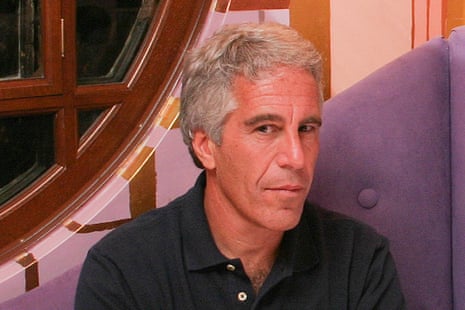
Still, critics accuse Musk of selectively using the Epstein scandal to further his own agendas—namely, to attack media, political figures, or tech rivals. But this time, his tone feels different. There’s no punchline. No meme. Just a statement—chillingly direct: “If even a few of the very worst Epstein clients were to be prosecuted, that would be something.”
Some interpret the quote as an indirect accusation. After all, who decides who the “very worst” are? The implication is clear: some of the people connected to Epstein’s network were more sinister, more complicit, more criminal than others—and yet, none have faced serious consequences. While Epstein died under mysterious circumstances in jail in 2019 and Maxwell was sentenced in 2022, none of the high-profile men named in court documents—including billionaires, royalty, and politicians—have been held accountable.
This begs the question: is Musk implying that the justice system is compromised? That certain people are, indeed, “untouchable”? It wouldn’t be out of character. Musk has often spoken out against what he sees as a two-tier justice system—one for the elite, and one for everyone else. This latest comment fits perfectly into that broader narrative, and it’s not going unnoticed.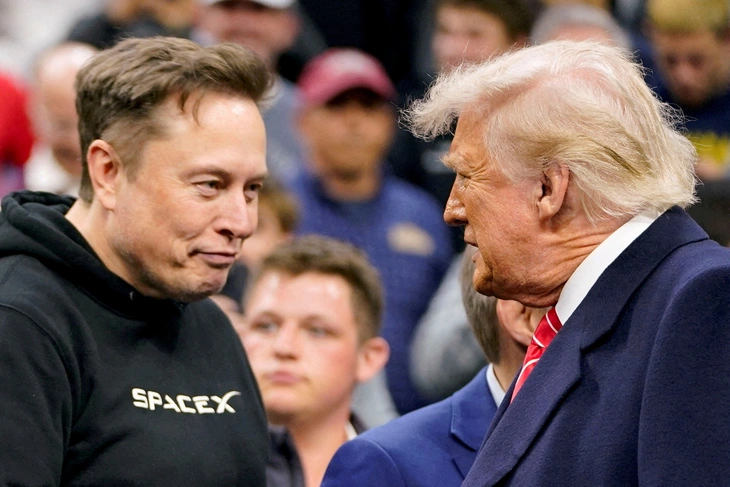
Unsurprisingly, Musk’s comment has prompted fierce reactions. Some applauded him for having the courage to speak out. “Elon said what we’re all thinking,” wrote one user on X, garnering thousands of likes. Another echoed, “He’s the only billionaire with the guts to call this out.” Yet others called him a hypocrite, noting his own ties to powerful circles and accusing him of grandstanding.
Even legal analysts are weighing in. Former prosecutor Wendy Murphy commented, “He’s not wrong. There are dozens of names floating around in Epstein-related files that never got a second glance. If Ghislaine flips or leaks the list, the fallout could be catastrophic.” Meanwhile, some believe Musk’s statement may even provoke government action—or at the very least, increase public pressure on investigators to take real steps toward prosecuting those still hiding behind closed doors.
But if history is any indication, the road to justice may still be a long one. The Epstein scandal has been deliberately obscured for years, with documents sealed, names redacted, and investigations quietly closed. It’s not just a question of legality—it’s a question of power. Who has it, and who protects it. And Musk, love him or hate him, just threw a grenade into that silence.
With his simple, pointed statement, Elon Musk has reignited public scrutiny into the darkest corners of elite privilege. Whether this will actually lead to action—or simply more social media outrage—remains to be seen. But one thing is certain: the pressure is building, and the Epstein client list is no longer a conspiracy theory whispered in the dark. It’s now a mainstream demand for accountability—one that even the richest man in the world is willing to amplify.
And as Musk himself would likely say: “The truth wants to be free.”
